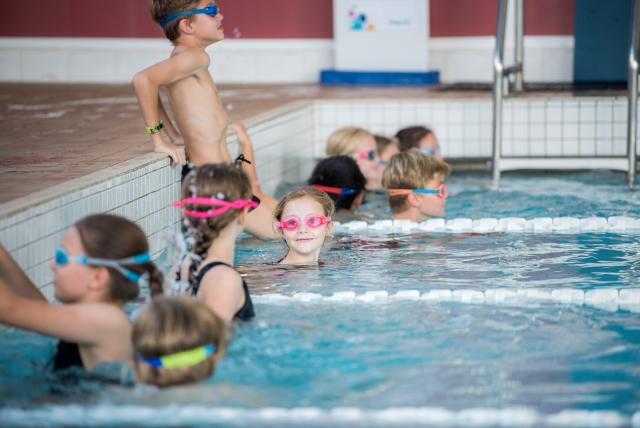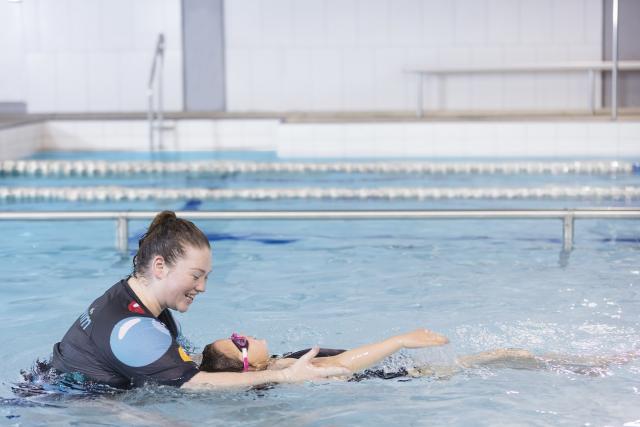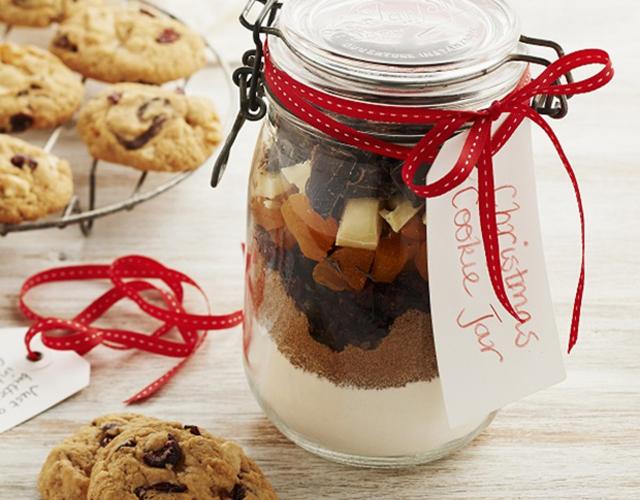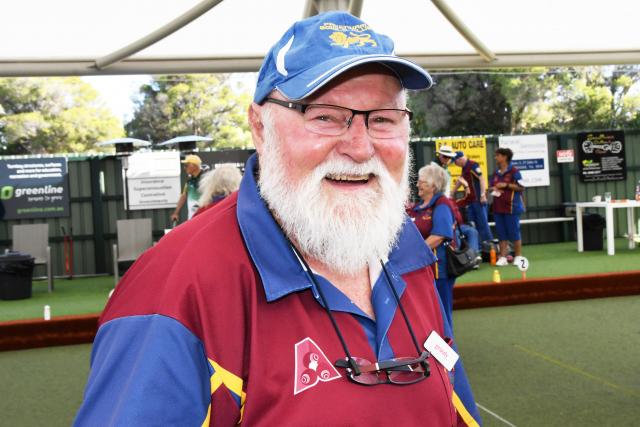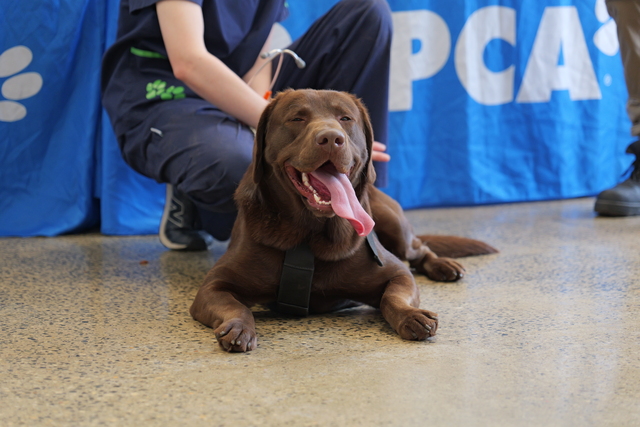Swim school Kingswim is reminding parents about the importance of swim safety, after Covid-19 restrictions caused extensive disruptions to kids’ swimming lessons last year.
Anne Brown, area manager of Kingswim, said instructors have noticed a “significant drop in skills, stamina and confidence around the water” since lessons re-commenced in October last year following the end of Victoria’s series of lockdowns.
“We’ve noticed that children starting lessons for the first time or picking up where they left off, particularly those aged between zero to four years old seem to be a bit more apprehensive in lessons,” she said.
According to the Royal Life Saving National Drowning Report, drowning deaths among children zero to four years old increased by nine per cent last year, with overall drownings increasing by 20 per cent.
“For some children, it’s been almost two years since their first swimming lessons, so it’s understandable why some young children have developed a fear of the water,” Ms Brown said.
This observation is shared by Kingswim Narre Warren assistant manager Jeremy Cullen, who says focusing on swim safety is important “now more than ever.”
“It’s fair to say there was some impact on everyone,” he said.
“From my experience it is probably the younger ones that have become more hesitant around water, but even the older ones have displayed some regression in skills.”
Ms Brown says parents of water-hesitant children can play a positive role in re-introducing them to water.
“Have patience, recognise the fear but try to project calmness and confidence by using fear reducing phrases such as ‘let’s have a try’, ‘it will be ok’, ‘you can do this’ and ‘this is fun’,” she said.
“Provide opportunity for a safe experience, like sitting on the side of the pool and feeling the water with their hands and feet, or offer some toys that will provide interaction with the water and create a sense of fun.”
She said reducing misconceptions surrounding drowning in children is also an important part of promoting swim safety.
“Unfortunately it takes only 20 seconds for a child to drown, and it can occur in only centimetres of water,” she said.
Another common misconception is that drowning will be noisy and a child will splash or cry when they find themselves in trouble.
“When it comes to young children, they often cannot figure out what to do, such as right themselves or stand up even in a few inches of water,” she said.
“They often just freeze and slip away quickly and silently.”
To help get kids back up to speed in the pool, Ms Brown says parents can enrol their children into Kingswim Clyde North and Kingswim Narre Warren’s Fast Track program.
The program is held over the school holidays and consists of four daily swimming lessons for kids to continue their skill development and “learn critical water safety skills including how to react should they find themselves in distress.”
“Fast Track represents a great opportunity to re-introduce kids to swimming particularly if they have not had the opportunity to participate in lessons for a while due to Covid-19,” she said.
Mr Cullen agrees the Fast Track Program could be beneficial to kids who are hesitant about the return to swim lessons.
“At least from my experience, the kids I see that go through that program tend to be the ones that tend progress a bit quicker and go up a level,” he said.
For more information, head to kingswim.com.au

